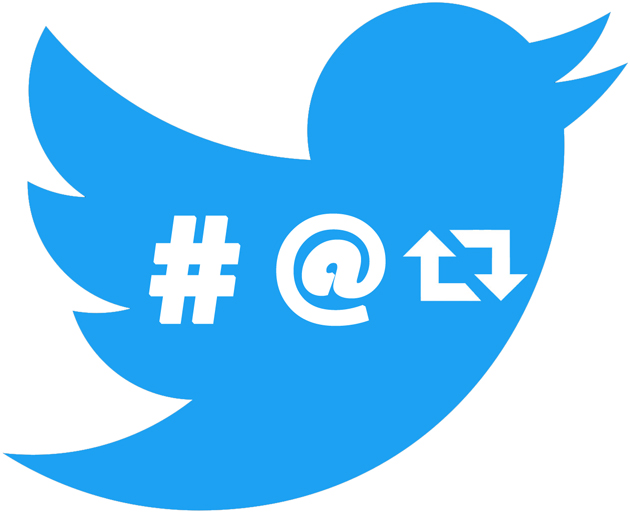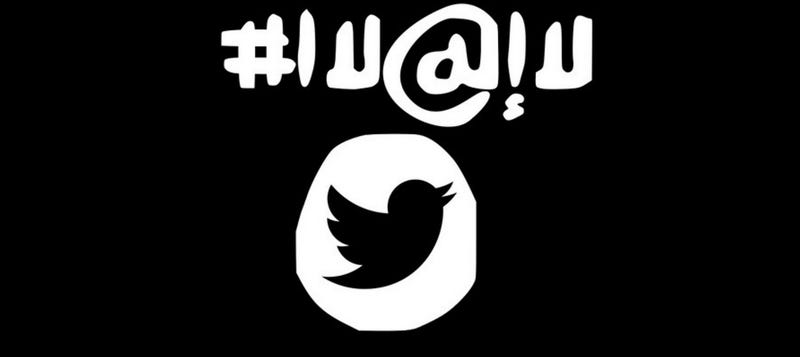QUEZON City, Philippines (September 1) – Popular social media and micro-blogging site Twitter made the news after suspending almost 235,000 accounts for violating policies banning use of the platform to promote extremism in the first half of 2016. The company said that it has suspended a total of 360,000 accounts since June 2015. All of the accounts that are suspended promoted terrorism by posting hate speech, violent threats and terrorist propaganda online.
![]()
Twitter is known worldwide for enabling users to read as well as to write posts of 140 characters max. Users can group posts together by topic or type through the use of hashtags- words or phrases prefixed with the “#” sign. Similarly, the ‘@’ sign followed by a user name is used for mentioning or replying to other users. To repost a message from another Twitter user and share it with one’s own followers, a user can click the retweet button. Just imagine how fast a topic can capture international attention.

Last May 2016, Twitter suspended multiple parody accounts that scorn Russian politics. The move sparked protests and raised questions about where the company stands on freedom of speech. After a while, the site restored the accounts without answering why the accounts are suspended. Twitter, along with other media companies, jointly agreed to a united code of conduct which obligates them to review the majority of valid notifications for the placement of illegal hate speech.
Since last year, Twitter had been doing suspensions on a daily basis. That is an 80% increase. Twitter didn’t publicly identify the terrorist groups or specific accounts although it was speculated that many were affiliated with the Islamic State of Iraq and Syria, which have been particularly active on Twitter and other social network sites to spread propaganda and attract new recruits. ISIS supporters threatened the founder of Twitter for suspending the accounts.

On the other hand, Twitter itself is completely banned in some countries like China, North Korea and Iran and has been constantly blocked in numerous countries including Egypt, Iraq, Venezuela and Turkey for a variety of reasons. This year, the company cooperated with the Israeli government to remove certain content originating from Israel as well as tweets seen in Israel.
In stopping the promotion of extremism, Twitter expanded their team tasked with reviewing the reported violations. The site also made it harder for suspended users to go back to the platform. Also they expanded the number of groups to counter extremism online. Twitter introduced new features to give its users more control over their interactions on the service such as filters aimed at improving the quality of tweets. The company said that they were leaning on a combination of spam-fighting tools, expanded teams reviewing abuses and new partnerships with organizations fighting violent extremism.
But are these measures enough?
According to tech entrepreneur and activist Yet Anil Dash, Twitter’s actions did not really solve the service’s underlying abuse issues. Even if the extremist content accounts are suspended, Twitter users can still put others at risk by sharing their personal information and home address publicly. Twitter should think of a more profound idea in letting their users be safe in using the site.

(written by Allysa Ruiz, edited by Jay Paul Carlos, additional research by Vince Alvin Villarin)








